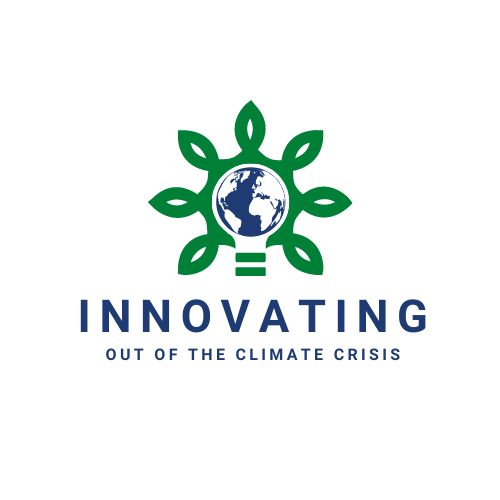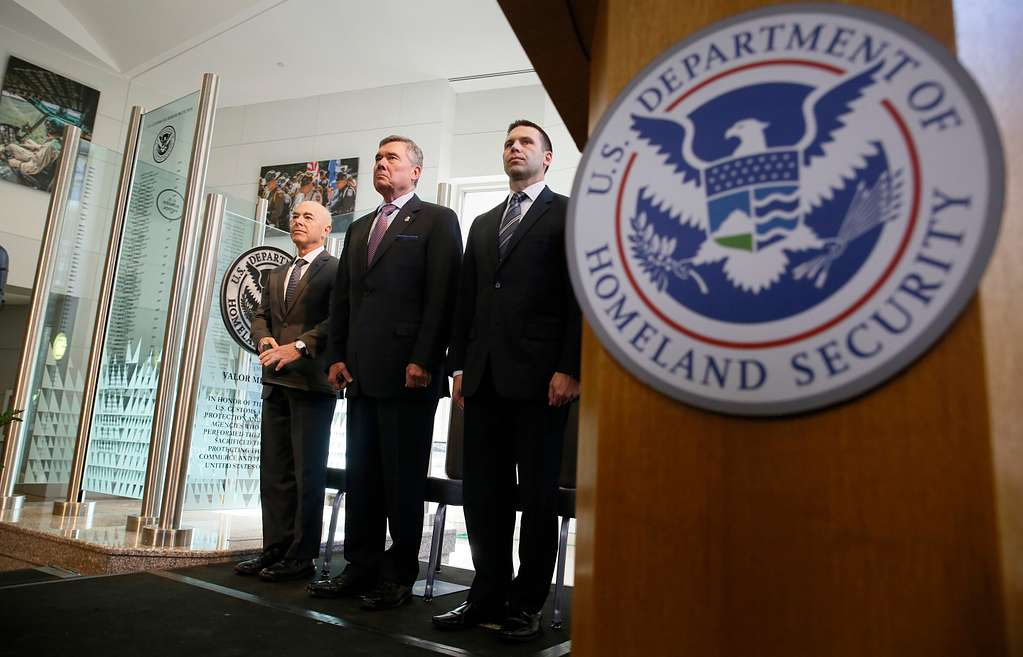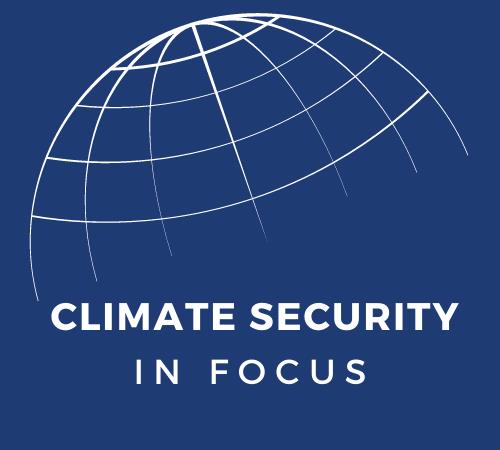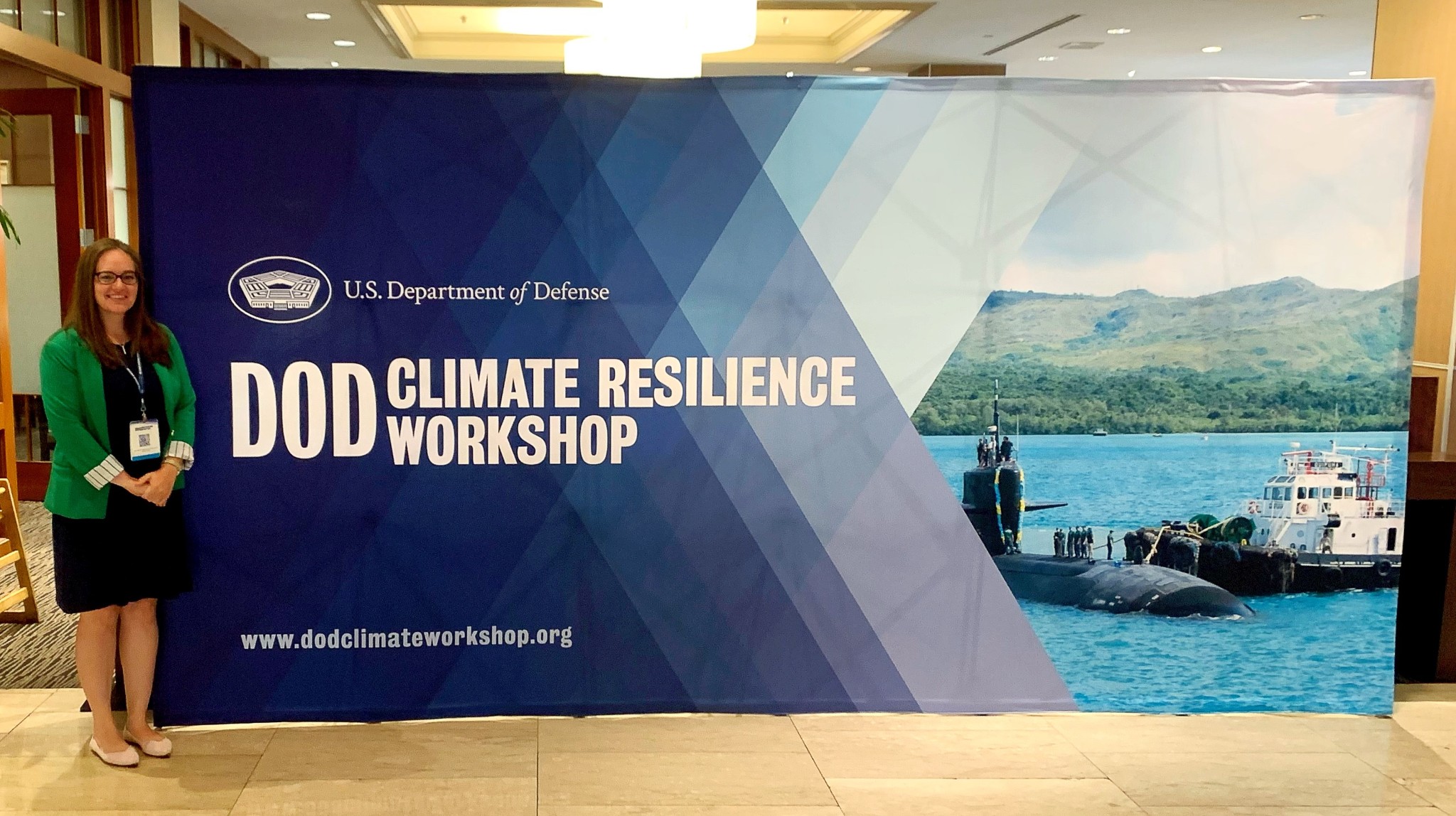Trans-Atlantic export controls have expanded due to escalating tensions between the United States and China. Agencies are trying to keep up. Read more...


Trans-Atlantic export controls have expanded due to escalating tensions between the United States and China. Agencies are trying to keep up. Read more...

The Biden Administration has made tackling the climate crisis a national priority, one that is continuing to serve as a guiding principle of its domestic and foreign policy. While there are countless regulatory efforts still being debated, carbon border adjustment mechanisms (CBAMs) seem to be having their day in the sun. As ASP as written about before, there are existing trade tools that can be leveraged to help mitigate the climate crisis. A CBAM is one of themRead more...

Legislators need to decide whether introducing new privacy and partisanship laws are worth the potential national security vulnerabilities. Read more...

China's aggressive pursuit of artificial intelligence (AI) harkens a future where bytes and algorithms challenge traditional battlefield superiority. If the U.S. government does not set guardrails now, American firms pursuing lucrative Chinese markets may vanguard the Chinese Communist Party's transition to fifth-generation warfare.Read more...

Amidst an escalating military recruiting crisis, pre-accession weight loss programs are helping meet enlistment goals. Rapid and sustained recurrence of obesity across all services, ranks, and positions is now a dire threat to operational readiness, especially for at-risk populations and those in critical combat roles. ASP's new white paper evaluates the role of stigma and science in combating military obesity. Read more...

The U.S. Army has more than 130 installations worldwide and has a stated goal of operating a microgrid on all Army installations by 2035. With only 25 microgrid projects scoped and planned through 2024, the speed and intensity of microgrid research, deployment, and funding are critical for achieving microgrid goals and energy resilience. To better understand the nature of the microgrid requirement, ASP explored existing guidance, key research challenges, and other enabling factors which impact the Army's ability to achieve its microgrid goals. Read more...

The 2023 Farm Bill stands poised to redefine the fabric of the U.S.’s farmlands, foodscape, and their relationship with the natural environment. It can completely transform the agricultural landscape and promises to change how food is grown, distributed, consumed, and addresses environmental concerns. But given the polarized political climate in Congress, there is skepticism that Congress will be able to reach an agreement by the September 30 deadline.Read more...

The electrification of defense vehicles means more than financial savings or emissions reductions—it’s a national security issue. Increasing electrification via electric vehicles (EVs) bolsters military readiness by addressing various threats from heavy reliance on fossil fuels both at home and abroad. Notwithstanding, the Pentagon’s critical efforts to transition to EVs were nearly completely impeded by proposed amendments to the FY24 National Defense Authorization Act (NDAA). Read more...

Sponsored by the Office of the Assistant Secretary of Defense for Energy, Installations, and Environment (ASD EI&E), the DoD Climate Resilience Workshop 2023 provided a series of panels, deep dives, and vignettes for DoD stakeholders and partners to discuss climate programs, tools, and resources to facilitate DoD’s climate resilience efforts.Read more...

Ukraine offers an opportune setting, without risking Americans' lives and limbs, to signal to China and Taiwan its commitment to defending its allies.Read more...